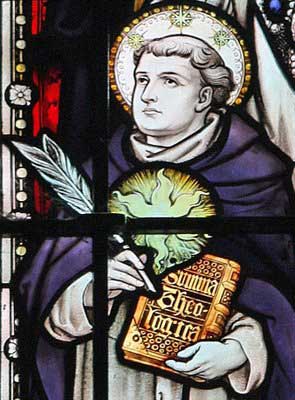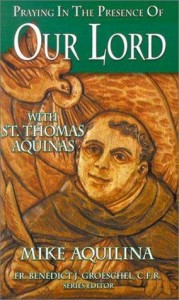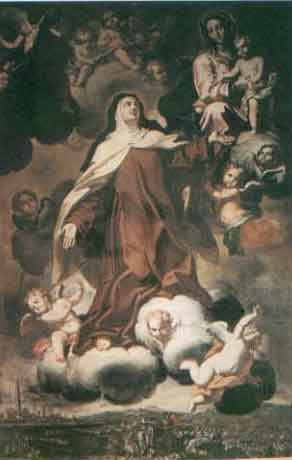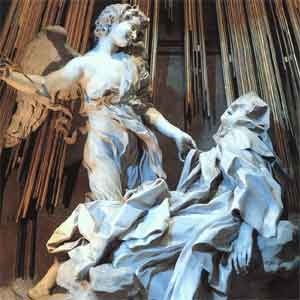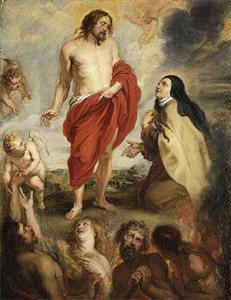Podcast: Play in new window | Download (Duration: 27:57 — 19.2MB) | Embed Subscribe: Apple Podcasts | Spotify | Amazon Music | Android | Pandora | iHeartRadio | JioSaavn | Podchaser | Gaana | Podcast Index | Email | TuneIn | Deezer | Anghami | RSS | More
Dr. Patricia Cooney Hathaway concentrates on helping women understand the relationship between faith and human experience during the middle years within the context of the whole life cycle. This book is EXCELLENT! She explores the wrenching and puzzling questions women in their middle years need to ask: Who am I? Who am I with? Where am I going in terms of a life plan? What aids or blocks my growth? Is God a personal God who is invested in my life? Do I have a personal destiny related to God? What is the meaning of suffering? What is my fate after death? Drawing from the Mystical Doctors of the Church, Dr. Hathaway offers an outstanding spiritual resource for women.
 Click here to pick up a copy of Patricia’s book
Click here to pick up a copy of Patricia’s book
This outstanding book delivers what the title promises. Only an experienced spiritual guide could convey this wisdom with such clarity and practical focus. –Dr. Joann Conn
…a wonderful reverence for the Catholic spiritual heritage and a mature sensitivity toward the apostolic challenges and opportunities of our day. I recommend Hathaway s book wholeheartedly. –Howard Gray, S.J., assistant to the president, Georgetown University
All of us can profit by Dr. Cooney s challenges and reflections. –Margaret R. Brennan, I.H.M., professor emerita, Regis College

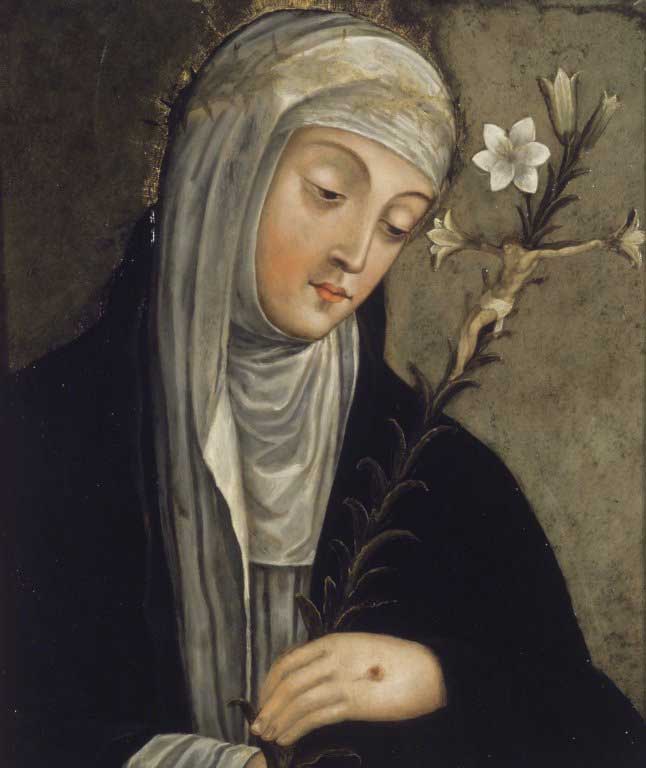
 O Supreme and Ineffable God
O Supreme and Ineffable God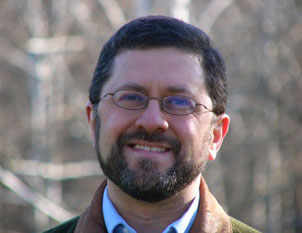 ary 28 is the day the Catholic Church honors St. Thomas Aquinas. The Italian saint was a priest and is widely recognized as being one of the most influential figures in the study of theology. Mike Aquilina who he refers to him as the “poet laureate of heaven”.
ary 28 is the day the Catholic Church honors St. Thomas Aquinas. The Italian saint was a priest and is widely recognized as being one of the most influential figures in the study of theology. Mike Aquilina who he refers to him as the “poet laureate of heaven”.